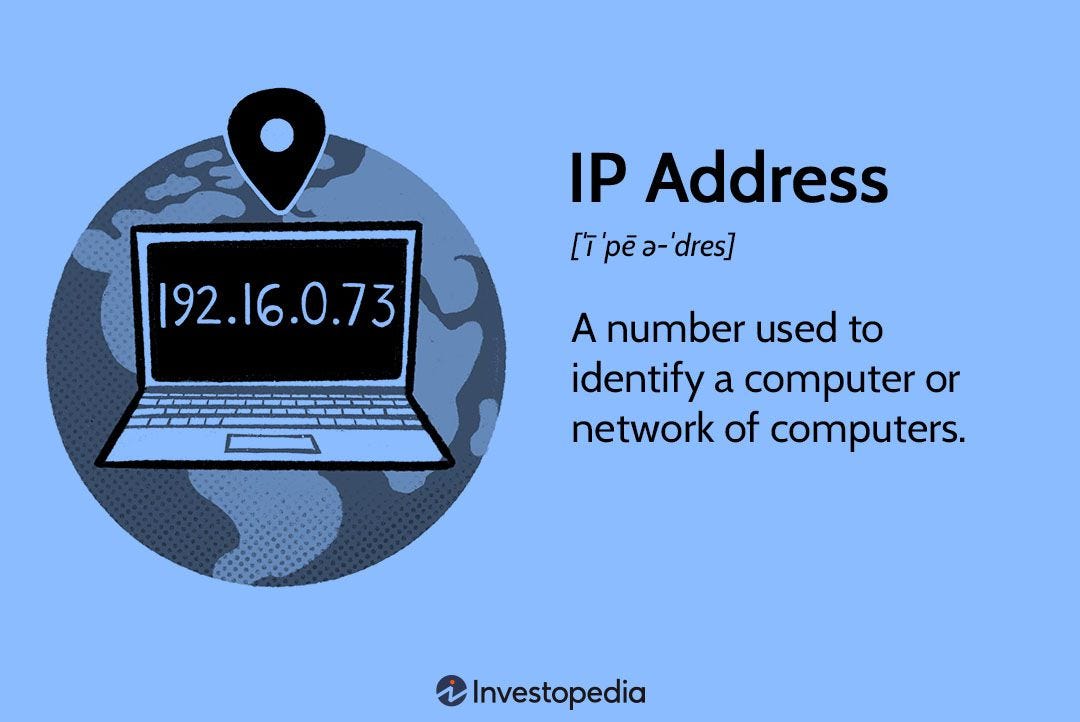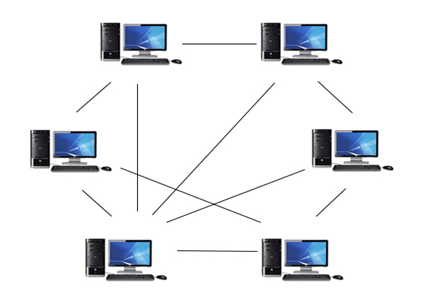Introduction: Welcome to Salman Mehdi, where we unravel the complexities of the IT world. In this post, we're diving into the realm of Full Stack Network Engineering – a field that's not just about connecting devices but optimizing the entire network infrastructure.
Understanding Full Stack Network Engineering: Full Stack Network Engineering goes beyond traditional networking. It involves a holistic approach, covering everything from hardware and software to security and scalability. A Full Stack Network Engineer is equipped to handle the entire network stack, ensuring seamless communication and optimal performance.
Key Components of Full Stack Network Engineering:
Network Architecture: Full Stack Network Engineers design robust network architectures, considering factors like scalability, redundancy, and performance. This forms the foundation of a reliable IT infrastructure.
Hardware and Software Integration: The integration of hardware and software is a crucial aspect. From routers and switches to implementing the right protocols, a Full Stack Network Engineer ensures that all components work in harmony.
Security Protocols: In an era of cyber threats, security is paramount. Full Stack Network Engineers implement robust security protocols, including firewalls, encryption, and intrusion detection systems, to safeguard the network from potential threats.
Scalability and Performance Optimization: As businesses grow, so does the demand on the network. Full Stack Network Engineers plan for scalability, ensuring that the network can handle increased loads without compromising performance.
Skills Required for Full Stack Network Engineering: Becoming a proficient Full Stack Network Engineer requires a diverse skill set. Here are some key skills:
- Proficiency in networking protocols (TCP/IP, DNS, DHCP).
- Knowledge of hardware components and configurations.
- Familiarity with security protocols and best practices.
- Experience with network monitoring tools.
- Problem-solving and troubleshooting skills.
The Future of Full Stack Network Engineering: As technology evolves, so does the role of Full Stack Network Engineers. With the advent of technologies like 5G, IoT, and cloud computing, the demand for professionals with comprehensive networking skills is on the rise.
Conclusion: In the ever-evolving landscape of IT, Full Stack Network Engineering emerges as a critical discipline. Whether you're an aspiring IT professional or a seasoned engineer, understanding and mastering the intricacies of Full Stack Network Engineering can open doors to exciting career opportunities.
Thank you for joining us on this exploration of Full Stack Network Engineering. Stay tuned for more insights and tips on navigating the dynamic world of IT here at Salman Mehdi.
Explore the comprehensive guide to Full Stack Network Engineering, covering architecture, hardware integration, security, and the evolving landscape of IT. Master the skills for the future.
#FullStackNetworking #ITInfrastructure #NetworkEngineering #TechSkills #SecurityProtocols #Scalability #PerformanceOptimization #FutureTech #ITGuide #TechnologyTrends







Post a Comment